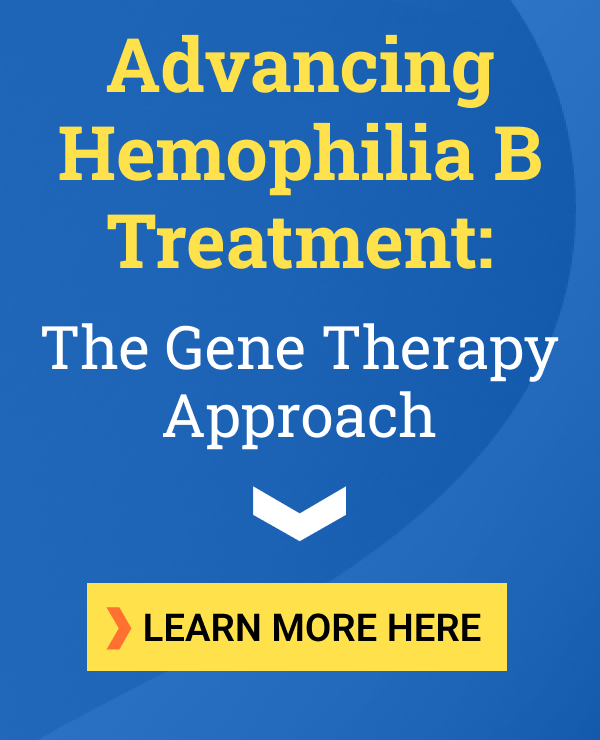GeneVentiv receives $2.5M grant for hemophilia gene therapy
Funds will support GENV-HEM canine study, assay development

GeneVentiv Therapeutics has received a $2.5 million grant to conduct further preclinical tests on its one-time infusion gene therapy for hemophilia A and B patients with or without clotting factor inhibitors.
The therapy, GENV-HEM, will be tested in a large study with a canine model of hemophilia, following promising results in mouse models of both hemophilia types.
Funds also will be used to support studies evaluating the gene therapy’s distribution in the body and associated toxicology. These studies are expected to support a future investigational new drug application (IND) for the therapy, which if cleared by regulatory authorities would enable GENV-HEM to enter human clinical trials.
The Small Business Innovation Research (SBIR) grant was awarded by the National Heart, Lung, and Blood Institute, a division of the National Institutes of Health. The SBIR program provides companies with the seed funding needed to help develop products with market potential.
“GENV-HEM successfully treats hemophilia A or B with or without inhibitors in mice,” Paris Margaritis, chief scientific officer of GeneVentiv, said in a company press release. In addition to testing the therapy in a canine model, the grant “supports assay development for an IND-enabling biodistribution and toxicology study to be funded by our Series A,” Margaritis said.
GENV-HEM has orphan drug designation
Hemophilia is marked by excessive and prolonged bleeding, which is caused by the lack or dysfunction of certain proteins called clotting factors. In hemophilia A, factor VIII (FVIII) is faulty or missing, while in hemophilia B it is factor IX (FIX) that’s deficient.
Factor replacement therapy, which involves administering a version of the faulty or missing clotting factor, is the standard treatment for hemophilia. However, the immune system may erroneously recognize the provided clotting factor as a threat and start making neutralizing antibodies (inhibitors) against it. These inhibitors can prevent the delivered clotting factors from working properly and reduce the effectiveness of replacement therapies.
GENV-HEM uses a harmless version of adeno-associated virus 8 (AAV8) as a vehicle to deliver a gene coding for activated clotting factor V (FVa). The interaction of FVa with another clotting protein called factor X (FX) triggers steps leading to the formation of blood clots through a process that does not rely on FVIII or FIX.
The U.S. Food and Drug Administration has granted GENV-HEM orphan drug designation for the treatment of hemophilia A and B, with or without inhibitors.
GeneVentiv has teamed up with ReciBioPharm to advance the development of GENV-HEM from preclinical to clinical testing. The collaboration aims to ensure the gene therapy meets Good Manufacturing Practice standards — set to ensure that batches of a medicine are produced with consistent high quality — and Good Laboratory Practice requirements for testing, recording, and storing data.
“Non-dilutive grant funding and our recent manufacturing collaboration substantially address GENV-HEM production and assay development costs, ensuring that investors’ funds are maximally allocated to value increasing IND-enabling studies,” said Damon Race, CEO of GeneVentiv. “GENV-HEM has the potential for lifetime treatment of hemophilia patients with or without inhibitors with a single infusion,” Race said. “This grant funding from NIH moves GENV-HEM one step closer to IND submission.”








